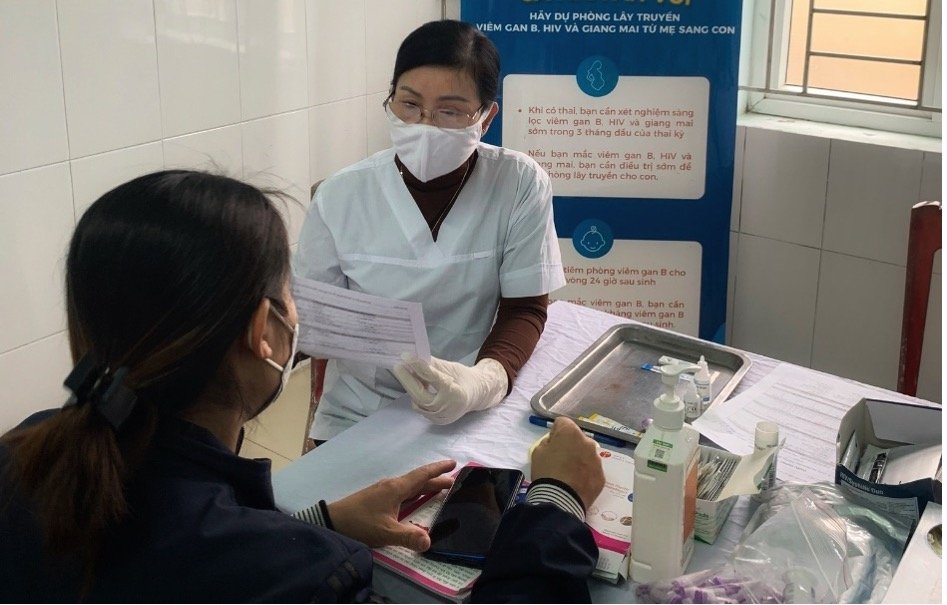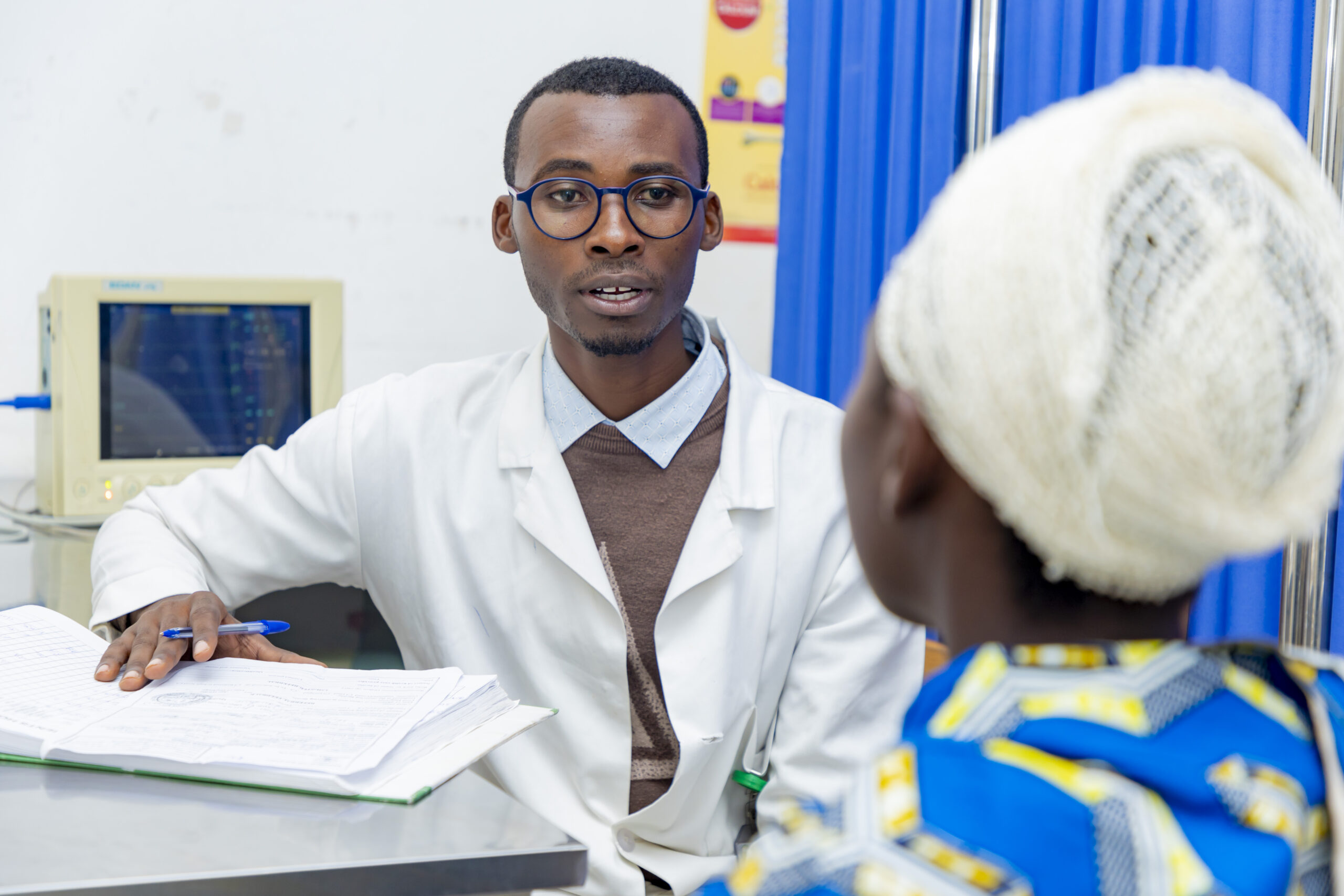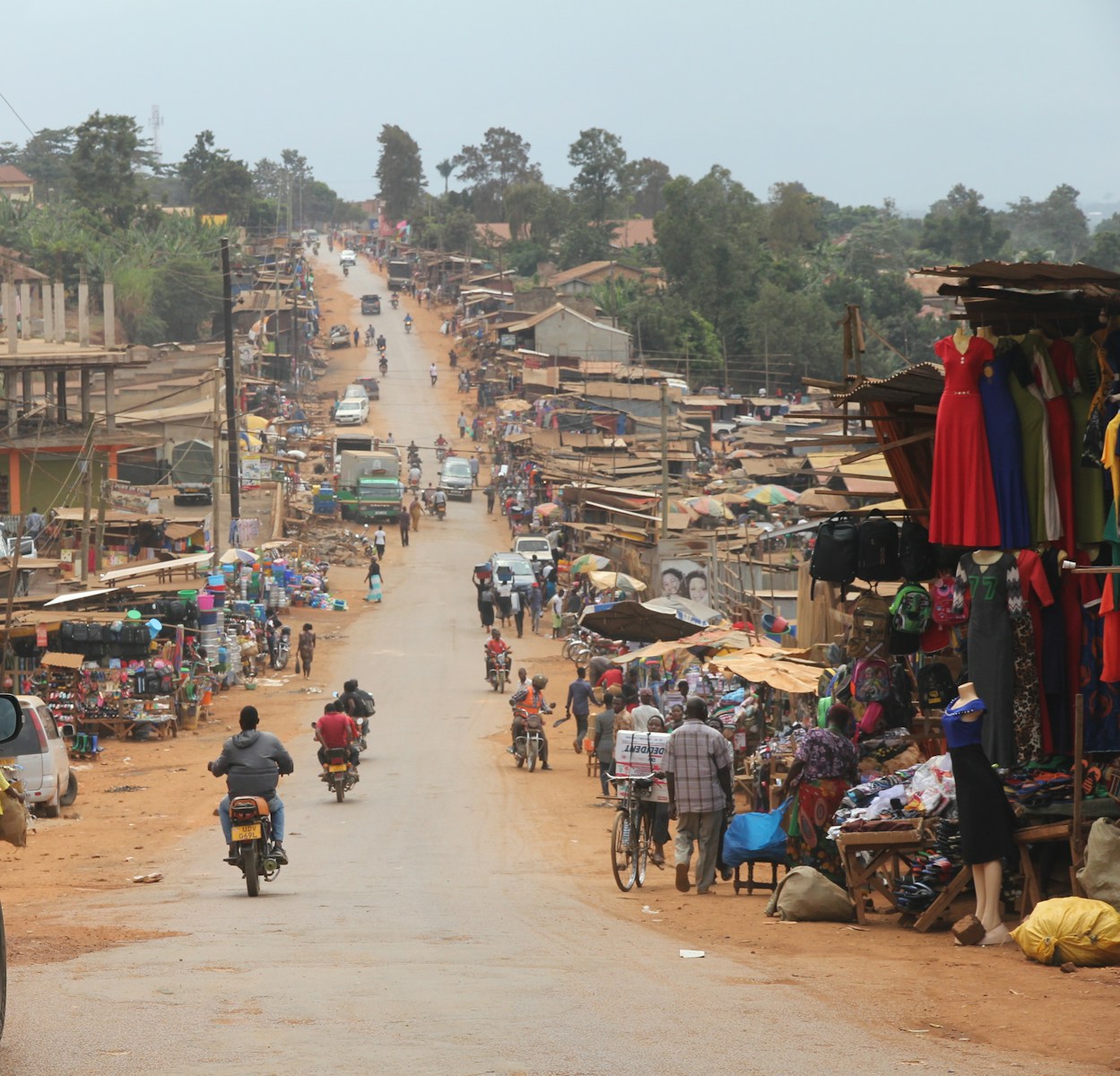Samina, a 48-year-old housewife from Bagh village, Jhang, sought medical assistance in June 2022 due to fatigue and loss of appetite. As she had received several injections from a private healthcare facility, staff at the nearby Rural Health Centre (RHC) suggested that she undergo rapid testing for hepatitis. Samina found getting rapid-tested at the RHC laboratory more feasible during that same visit. She received the test results via mobile message, and they confirmed she had hepatitis C. She was advised to visit the RHC for further assessment and treatment.
“I got worried about the possible family and social implications of my hepatitis diagnosis.”
The RHC staff informed her about the ease of access to public-funded testing facilities and encouraged her to get tested for her health and well-being and that of her family. She was offered a vaccine for protection against another form of hepatitis. After her husband tested negative for HCV, she underwent some blood tests and was advised to undergo a three-month course of treatment.
“Family encouragement, especially by my husband, helped me to complete my treatment as advised and get cured. Public-funded testing and treatment at rural health centres made it possible for me to get timely diagnosed and successfully treated without worrying about care expenses.” She strongly recommends expanding these public-funded services to other parts of the province or country.
“Family encouragement, especially by my husband, helped me to complete my treatment as advised and get cured. Public-funded testing and treatment at rural health centres made it possible for me to get timely diagnosed and successfully treated without worrying about care expenses.”
Samina
Grant
Decentralized Hepatitis C care in Punjab
Grantee: Association for Social Development Pakistan (ASD)
As part of this project, from 2020 to 2022, more than 78,000 individuals vulnerable to viral hepatitis were screened at the primary healthcare level in Punjab: 39% of the tests came back positive.
After confirmatory testing, almost 11,000 of the screened people received programme-supported HCV treatment at rural healthcare centres (RHCs).
Decentralization of care – to get closer to people vulnerable to viral hepatitis – was a key aspect of the project: 461 basic health units got enabled and engaged in HCV rapid testing and were referred for care at RHCs.
The integrated hepatitis C test-treat-prevent care intervention was adapted and piloted at 48 rural health centres in six selected districts of Punjab province in Pakistan.


